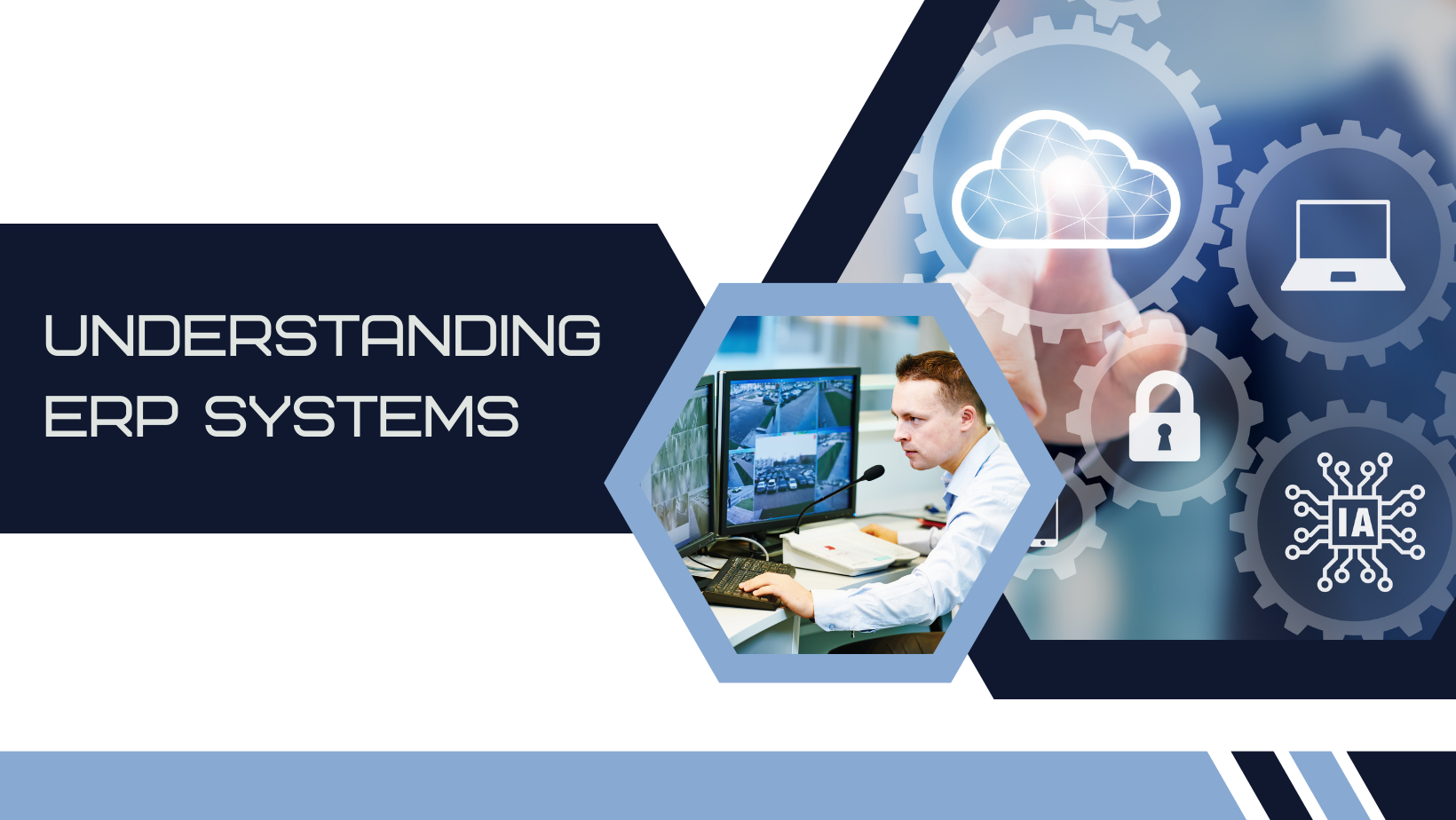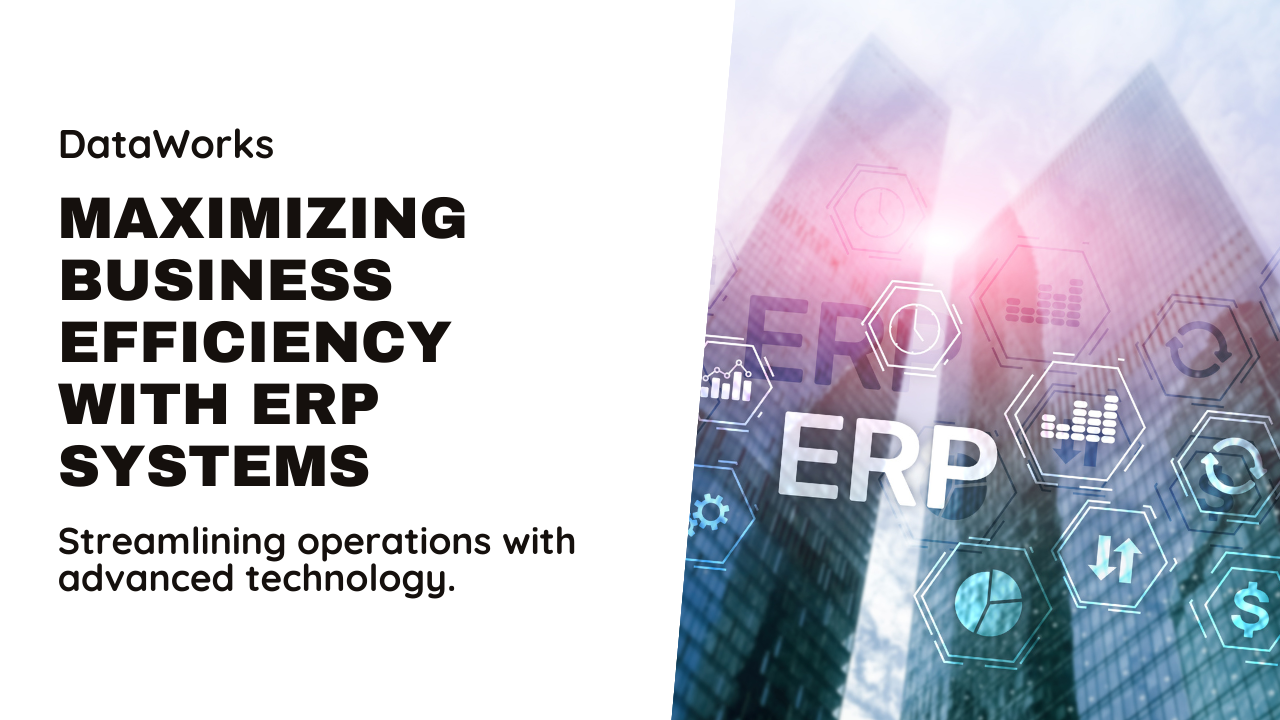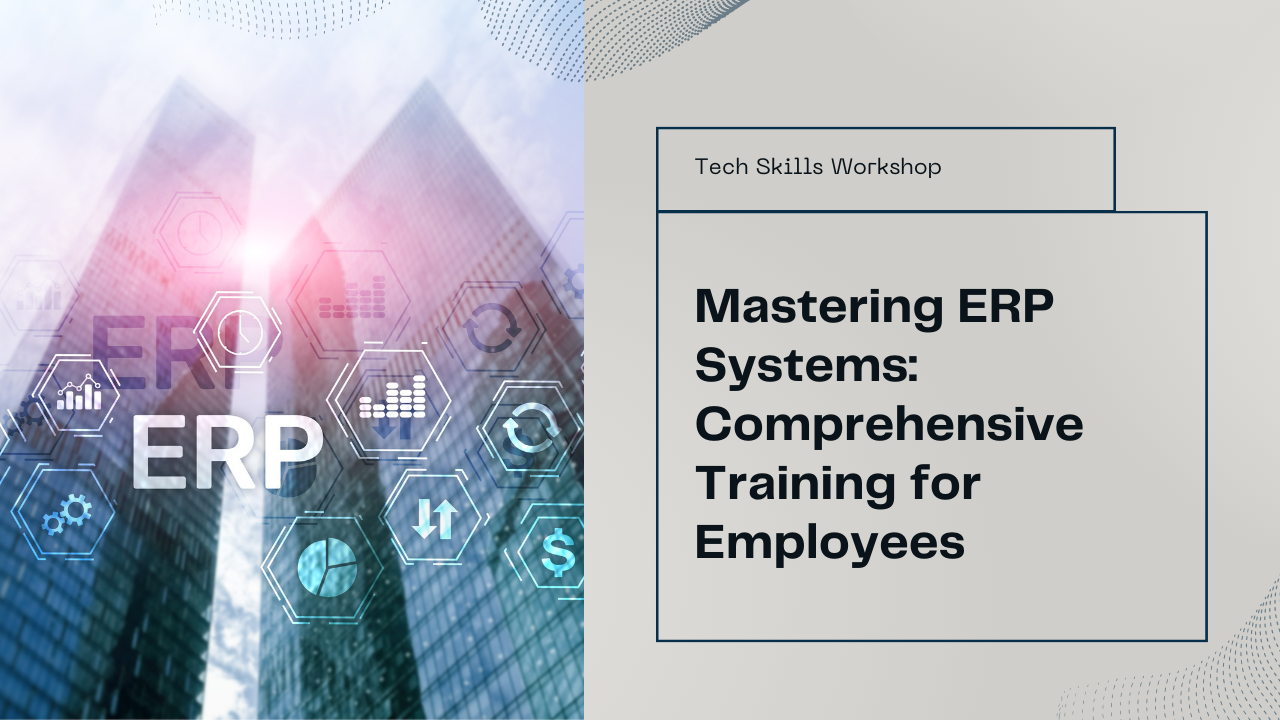Enterprise Resource Planning (ERP) systems have become a cornerstone of modern business operations, offering a unified platform to manage various processes across an organization. One of the most significant areas where ERP systems have made a profound impact is financial management. By integrating and automating financial operations, ERP systems enhance accuracy, efficiency, and strategic decision-making. This blog will delve into the various ways ERP systems revolutionize financial management and why they are indispensable for contemporary businesses.
Understanding ERP Systems
ERP systems are comprehensive software platforms designed to integrate and manage all the essential functions of a business. These functions include finance, human resources, supply chain, manufacturing, and customer relationship management, among others. By centralizing data and processes, ERP systems ensure that information flows seamlessly across departments, facilitating real-time insights and more informed decision-making.
The Role of ERP in Financial Management
Financial management encompasses the planning, organizing, directing, and controlling of financial activities within an organization. It includes tasks such as accounting, budgeting, forecasting, financial reporting, and compliance. ERP systems play a critical role in these activities by providing a robust framework that automates and integrates financial processes.
1. Streamlining Financial Operations
One of the primary benefits of ERP systems is the automation of financial operations. Manual processes, such as data entry, reconciliation, and reporting, are time-consuming and prone to errors. ERP systems automate these tasks, reducing the likelihood of mistakes and freeing up valuable time for finance professionals to focus on strategic activities.
2. Real-Time Financial Data
ERP systems provide real-time access to financial data, enabling organizations to make informed decisions quickly. With accurate and up-to-date information at their fingertips, managers can monitor financial performance, track expenses, and identify trends. This real-time visibility is crucial for maintaining financial health and responding promptly to market changes.
3. Enhanced Financial Reporting and Analytics
Financial reporting is a critical aspect of financial management, and ERP systems excel in this area. They offer advanced reporting tools that can generate detailed financial statements, balance sheets, income statements, and cash flow reports. Additionally, ERP systems provide powerful analytics capabilities, allowing businesses to perform deep dives into financial data, uncover insights, and make data-driven decisions.
4. Improved Budgeting and Forecasting
Effective budgeting and forecasting are essential for financial planning and resource allocation. ERP systems streamline these processes by consolidating data from various sources and providing tools for creating accurate budgets and forecasts. This integration ensures that all departments are aligned, and financial plans are based on comprehensive and reliable data.
5. Regulatory Compliance and Risk Management
Compliance with regulatory standards and managing financial risks are paramount for any organization. ERP systems help businesses adhere to legal and industry regulations by automating compliance processes and maintaining accurate records. Furthermore, ERP systems enhance risk management by providing real-time monitoring and alerts for potential financial discrepancies or fraud.
Key Benefits of ERP Systems in Financial Management
The integration of ERP systems in financial management offers numerous benefits that can significantly impact an organization’s performance and competitiveness.
1. Increased Efficiency
ERP systems automate repetitive tasks and streamline financial processes, leading to increased efficiency. This automation reduces the need for manual intervention, minimizes errors, and accelerates transaction processing, resulting in significant time and cost savings.
2. Greater Accuracy and Consistency
By centralizing financial data and automating processes, ERP systems ensure greater accuracy and consistency in financial reporting. This accuracy is crucial for maintaining the integrity of financial statements and making reliable business decisions.
3. Enhanced Financial Visibility
ERP systems provide a holistic view of an organization’s financial health. This visibility enables finance professionals to track key performance indicators (KPIs), monitor cash flow, and assess financial performance in real-time, facilitating proactive decision-making.
4. Scalability and Flexibility
As organizations grow and evolve, their financial management needs change. ERP systems are scalable and flexible, allowing businesses to adapt to new requirements and expand their operations without overhauling their financial systems.
5. Cost Savings
By improving efficiency, reducing errors, and providing accurate financial insights, ERP systems contribute to significant cost savings. These savings can be reinvested in other areas of the business, driving further growth and profitability.
Real-World Applications of ERP in Financial Management
Several industries have successfully leveraged ERP systems to transform their financial management practices. Here are a few real-world applications:
1. Manufacturing
In the manufacturing sector, ERP systems integrate financial data with production processes, enabling better cost control and financial planning. Manufacturers can track expenses, manage budgets, and forecast demand with greater accuracy, leading to improved profitability.
2. Retail
Retailers use ERP systems to manage financial transactions, track sales, and optimize inventory levels. By consolidating financial data across multiple stores and channels, retailers gain a comprehensive view of their financial performance and can make informed decisions to enhance profitability.
3. Healthcare
Healthcare organizations rely on ERP systems to manage financial operations, including billing, payroll, and procurement. ERP systems help healthcare providers maintain accurate financial records, comply with regulatory standards, and optimize resource allocation.
4. Construction
In the construction industry, ERP systems streamline financial management by integrating project accounting, budgeting, and cost control. This integration ensures that construction companies can monitor project expenses, manage cash flow, and improve financial transparency.
5. Non-Profit Organizations
Non-profits use ERP systems to manage donations, grants, and expenses. ERP systems provide non-profits with accurate financial reporting, helping them demonstrate accountability to donors and regulatory bodies.
The Future of ERP in Financial Management
The role of ERP systems in financial management continues to evolve, driven by technological advancements and changing business needs. Here are some trends shaping the future of ERP in financial management:
1. Artificial Intelligence and Machine Learning
AI and machine learning are revolutionizing financial management by providing advanced analytics, predictive insights, and automation. ERP systems integrated with AI can identify patterns, forecast trends, and automate complex financial processes, enhancing decision-making and efficiency.
2. Cloud-Based ERP Solutions
Cloud-based ERP solutions offer greater flexibility, scalability, and cost-effectiveness compared to traditional on-premises systems. They enable organizations to access financial data from anywhere, facilitating remote work and global collaboration.
3. Blockchain Technology
Blockchain technology enhances the security and transparency of financial transactions. ERP systems incorporating blockchain can provide immutable records, reduce fraud, and streamline auditing processes.
4. Enhanced Mobile Access
Mobile access to ERP systems allows finance professionals to manage financial operations on the go. This mobility enhances productivity and ensures that critical financial data is always accessible.
5. Integration with IoT
The Internet of Things (IoT) is transforming financial management by providing real-time data from connected devices. ERP systems integrated with IoT can monitor assets, track expenses, and optimize financial planning based on real-time information.
Conclusion
ERP systems have revolutionized financial management by automating processes, providing real-time data, and enhancing decision-making. The integration of ERP systems in financial management offers numerous benefits, including increased efficiency, greater accuracy, enhanced visibility, scalability, and cost savings. Real-world applications across various industries demonstrate the transformative power of ERP systems.
As technology continues to advance, the future of ERP in financial management looks promising. Artificial intelligence, cloud-based solutions, blockchain technology, enhanced mobile access, and IoT integration are shaping the future of financial management, offering new opportunities for organizations to optimize their financial operations.
In conclusion, ERP systems are not just tools for managing financial data; they are strategic assets that drive efficiency, accuracy, and growth. By embracing ERP systems, organizations can achieve better financial management, enhance their competitive edge, and position themselves for long-term success.







